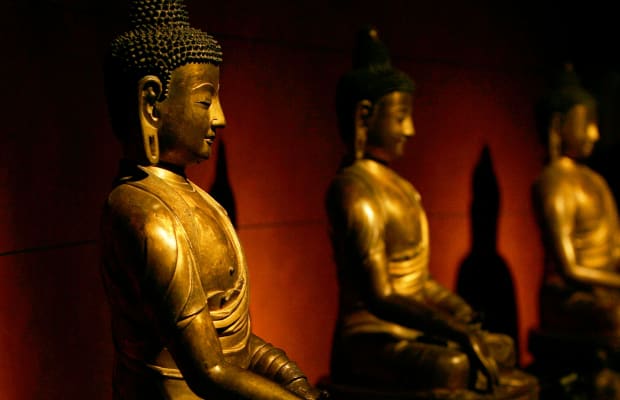The Story of Many Youths
Verse 131: He who seeks his own happiness by oppressing others, who also desire to have happiness, will not find happiness in his next existence.
Verse 132: He who seeks his own happiness by not oppressing others, who also desire to have happiness, will find happiness in his next existence.
The Story of Many Youths
While residing at the Jetavana monastery, the Buddha uttered Verses (131) and (132) of this book, with reference to a number of youths.
Once, the Buddha was out on an alms-round at Savatthi when he came across a number of youths beating a snake with sticks. When questioned, the youths answered that they were beating the snake because they were afraid that the snake might bite them. To them the Buddha said, “If you do not want to be harmed, you should also not harm others: if you harm others, you will not find happiness in your next existence.”
Then the Buddha spoke in verse as follows: Continue reading
















